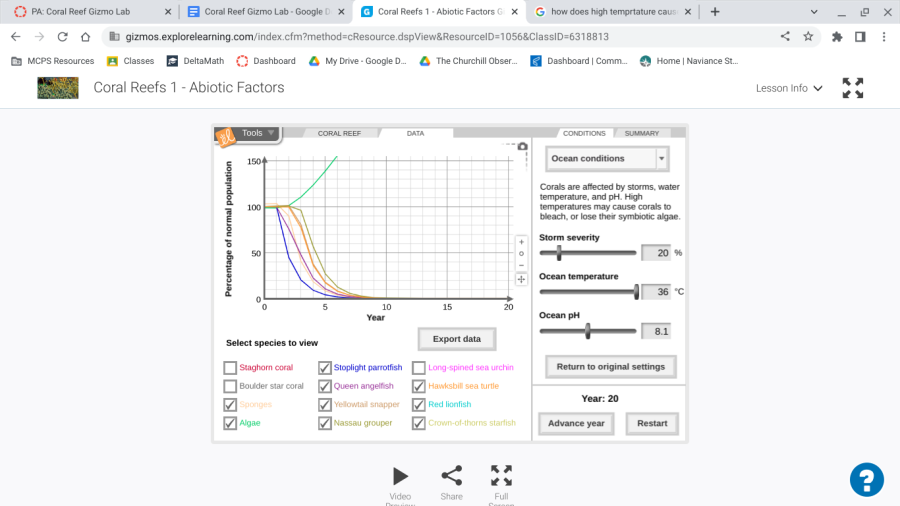Is taking the PSAT essential?
On October 12, 2022, high school juniors across the U.S. took the PSAT. Many question the necessity of the test and whether it will be useful for college admissions.
October 28, 2022
More often than not, standardized testing ranks high on lists of student grievances. From state standardized testing to College Board exams, high school students are relentlessly hit with a train of testing that they are told they must succeed on. Of these many tests, one stands out for its questionable usefulness: the Preliminary SAT (PSAT). In recent years, many students have begun questioning the purpose of the PSAT and whether or not their scores on it carry any value; so what is the truth?
The PSAT is, to put it bluntly, a standardized test that students should not waste their effort on. It is not a factor in any calculation that colleges use for their admissions decisions; whether a student receives an abysmal or perfect score, their admission chances are unaffected. In reality, SAT or ACT scores are what can directly affect the probability of acceptance or rejection. Although even the impact of these two tests is dwindling as more colleges have begun implementing test-optional admissions procedures.
One of the most common arguments presented in support of the PSAT is that it helps students prepare for the SAT, because it is, by definition, the Preliminary SAT. However, this is debatable logic: would students not be preparing more effectively for the SAT if they were studying for the SAT itself, not its easier counterpart? Moreover, the PSAT exam is designed to be less challenging, which can lead to it being insufficient preparation for the exam that counts.
Additionally, there is a constantly increasing reservoir of accessible SAT resources that students can use to prepare directly for the exam instead of wasting their time on easier questions. Khan Academy, for example, collaborates with College Board to provide accurate free practice exams for all students. This defeats the argument that because many high schools pay the cost for students taking the PSAT, it is the most cost-effective way to get a practice exam.
Aside from these two factors, the main selling point of the PSAT is that it is also the National Merit Scholarship Qualifying Test (NMSQT), meaning that students whose scores meet a certain bar become eligible for National Merit Scholarships.
According to National Merit, of the 1,500,000 high school juniors who take the PSAT every October, 50,000 high scorers qualify for program recognition. From here, the 16,000 students that scored the highest in each state qualify as Semifinalists, while the remaining 34,000 Commended Students receive Letters of Commendation for their “outstanding academic promise.” The last step before scholarship recognition is ensuring that the Semifinalists meet several “academic and other requirements”; the 15,000 that do are named Finalists and awarded Certificates of Merit.
However, of these 15,000 Finalists, only 7,250 become Merit Scholarship Winners. The three types of scholarships are National Merit $2,500 scholarships, corporate-sponsored scholarships, and college-sponsored scholarships.
These scholarships are highly conditional: the corporate-sponsored scholarships prefer “children of employees, residents of specific communities, or finalists with certain college major or career plans,” and college-sponsored scholarships select finalists who plan to attend that college and have informed NMSC that that college is their first choice.
Should high school juniors, already overwhelmed by the stresses of needing to maintain a high GPA in the most challenging classes, excelling in extracurricular activities, and preparing for the SAT/ACT, put in additional effort for a test that only has a 3.33% chance of resulting in a single line they can put on their resumes and an even smaller 0.48% chance of receiving some kind of financial aid?
The answer is no. Students would be much better off either studying for the SAT/ACT or following the test-optional trend and not taking either. The PSAT is, fundamentally, an irrelevant symptom of the American education system’s toxic urge to measure students’ intelligence and alleged college preparedness with yet another standardized test.



